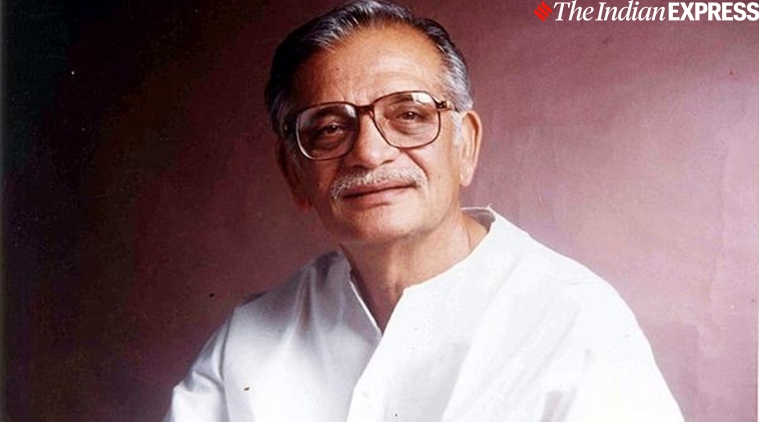 Gulzar has responded to the situation like the way he does and can: with a pen. (Photo: Express Archive)
Gulzar has responded to the situation like the way he does and can: with a pen. (Photo: Express Archive)
With every passing day, the plight of migrant workers is assuming new dimensions. The pandemic has affected them most severely. While many have spoken and voiced their concerns on the issue, Gulzar has responded to the situation in a way only he can: with a pen.
The lyricist and poet recently shared a poem he has written on the apathy towards them. Weaving in their pain, he reasoned about their urgency to go back home. The constant refrain in his poem is “they will go to die there – where there is life”, implying the cities and workspaces remain places they are identified in terms of their labour and not as human beings.
He begins the poem with the refrain that there was once a pandemic and every machine in the city had stopped. The only thing that still worked were the workers’ hands and legs which they used to go back home. And they did so knowing all the dangers and threats that came with it, for one can die only where there is life. And for them and so many others, it is the village where their families and houses are, where there are fields which they still call their own.
The poem is both a reminder and a chronicle of what is happening right now, of the inequitable distribution of pain and the universal urge to go home when crisis strikes.
Translated in English by Rakshanda Jalil, the poem reads like this.
The pandemic raged
The workers and labourers fled to their homes
All the machines ground to a halt in the cities
Only their hands and feet moved
Their lives they had planted back in the villages
The sowing and the harvesting was all back there
Of the jowar, wheat, corn, bajra – all of it
Those divisions with the cousins and brothers
Those fights at the canals and waterways
The strongmen, hired sometimes from their side and sometimes from this
The lawsuits dating back to grandparents and grand uncles
Engagements, marriages, fields
Drought, flood, the fear: will the skies rain or not?
They will go to die there – where there is life
Here, they have only brought their bodies and plugged them in!
They pulled out the plugs
‘Come, let’s go home’ – and they set off
They will go to die there – where there is life.